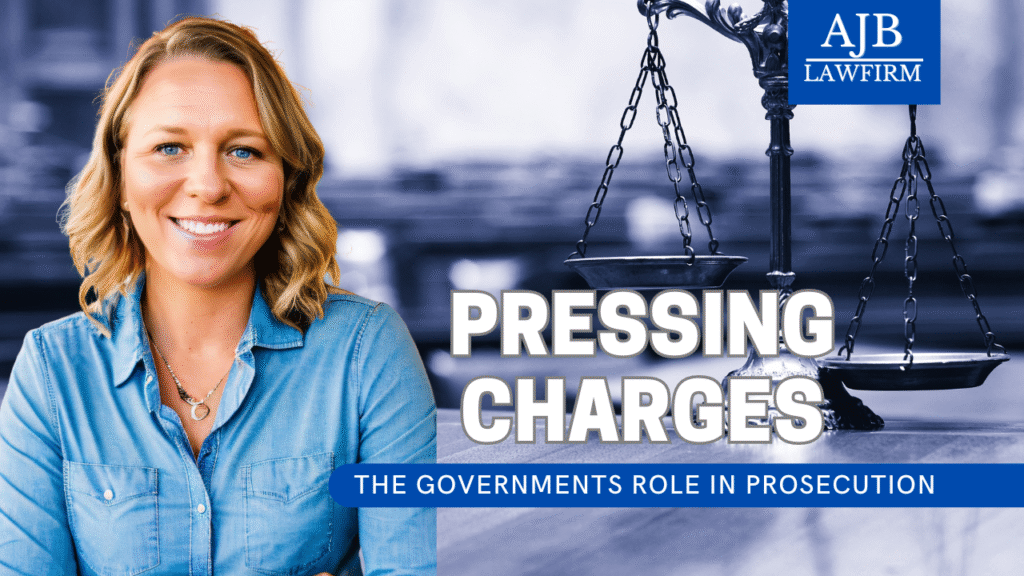Deciding to press charges against someone is a significant decision with far-reaching consequences. It’s a formal legal action that sets in motion a complex process involving law enforcement, prosecutors, and the court system. Understanding the implications of this choice is crucial before taking such a step. This article will delve into the intricacies of pressing charges, outlining the legal process involved, potential outcomes, and factors influencing the decision-making at each stage.
This article will explore the definition of pressing charges, the steps involved in filing them, the criminal investigation process, potential consequences for both parties, prosecutorial decisions, and court proceedings. By providing a comprehensive overview, we aim to equip you with the knowledge necessary to make informed decisions regarding this sensitive legal matter.
Pressing Charges Defined
Pressing charges refers to formally accusing someone of committing a crime by filing a complaint with law enforcement authorities. This initiates a formal investigation into the alleged offense and potentially leads to criminal prosecution. It’s important to distinguish between pressing charges and seeking civil remedies, as they operate under different legal frameworks with distinct objectives.
While pressing charges aims to punish the accused through criminal penalties, civil actions seek compensation for damages or injuries suffered due to the defendant’s actions. The decision to press charges is often influenced by factors such as the severity of the offense, personal safety concerns, and the desire for justice. It’s a deeply personal choice with significant legal ramifications.
Legal Process of Filing Charges
The process of filing charges typically begins with reporting the alleged crime to law enforcement. This can be done in person at a police station, by phone, or through online reporting systems depending on the jurisdiction and nature of the offense. When filing a report, it’s crucial to provide as much detail as possible about the incident, including dates, times, locations, witnesses, and any evidence available.
Law enforcement officers will then investigate the reported crime, interviewing witnesses, collecting physical evidence, and reviewing relevant documentation. Based on their findings, they may decide to pursue charges against the alleged perpetrator. If sufficient evidence exists to support the allegations, the prosecutor’s office will review the case and determine whether to formally charge the individual.
Criminal Investigation & Evidence Gathering
The criminal investigation process involves a thorough examination of the alleged crime scene, collection of physical evidence, and interviews with witnesses and potential suspects. Investigators may utilize various techniques, including forensic analysis, surveillance, and background checks, to gather information relevant to the case.
Evidence collected during the investigation can include fingerprints, DNA samples, photographs, videos, weapons, and any other items that could support or refute the allegations. The strength of the evidence gathered significantly influences the prosecutor’s decision on whether to file charges and the potential outcome of the case.
Types of Evidence
- Direct Evidence: Directly proves a fact without requiring inference, such as eyewitness testimony or video footage capturing the crime.
- Circumstantial Evidence: Requires inference to establish a fact, such as fingerprints at the crime scene or possession of stolen goods.
- Physical Evidence: Tangible items related to the crime, such as weapons, clothing, or DNA samples.
Potential Consequences of Pressing Charges
Pressing charges against someone can have significant consequences for both parties involved. For the accused individual, potential outcomes include arrest, detention, trial, conviction, and sentencing to imprisonment, fines, probation, or community service. The severity of the consequences depends on the nature and severity of the alleged offense.
For the person pressing charges, there are also potential consequences, such as emotional stress, financial burden associated with legal proceedings, and the possibility of facing retaliation from the accused or their associates. It’s crucial to carefully consider these implications before making a decision about filing charges.
Prosecutorial Decisions & Court Proceedings
Once charges are filed, the prosecutor’s office will review the evidence and decide whether to pursue the case further. They may choose to dismiss the charges if they believe there is insufficient evidence or that pursuing the case would not be in the best interests of justice. If the prosecutor decides to proceed, the case will move forward through the court system.
This involves various stages, including arraignment, pre-trial hearings, plea bargaining, and trial. The accused individual has the right to legal representation throughout these proceedings. Ultimately, a judge or jury will determine whether the accused is guilty or not guilty based on the evidence presented.
Conclusion
Pressing charges against someone is a serious legal action with significant consequences for both parties involved. It’s essential to understand the legal process, potential outcomes, and factors influencing prosecutorial decisions before making this choice. Consulting with an attorney can provide valuable guidance and help you navigate this complex legal landscape effectively. Remember that pressing charges should be considered carefully and only after a thorough evaluation of all relevant circumstances.



